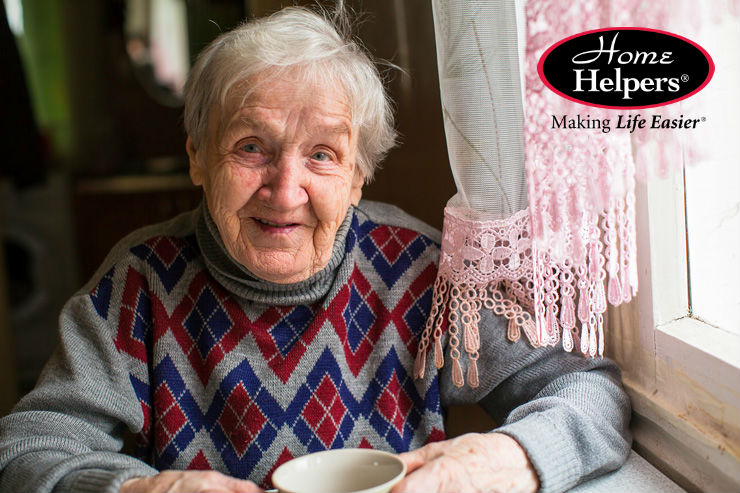All of us get cold in the winter, but seniors are even more prone to being unable to warm up easily during those cold months. Most of us grew up with our mothers warning us we would get sick if we’re cold, but this is especially true with elderly people. They really can get dangerously sick just from being cold. Why is that? Read on…
Seniors lose body heat very quickly. Even faster than children do! As we age, it can sometimes be difficult to gauge how cold we are, which can make hypothermia a very real threat to seniors.
What Is Hypothermia?
Hypothermia happens when your core body temp drops too low. Normal body temperature is 98.6, although it’s perfectly normal for that to fluctuate depending on the person. For seniors, they can easily become chilled and if their temperature drops below 95 degrees, they are at risk for heart attacks, hypothermia or liver, and kidney function problems. If you are a caretaker or even around a senior loved one often, make sure they stay warm by having a lap blanket or sweater on as often as needed. They may not feel how cold they are, so be aware and keep them in layers when possible. Just doing these simple things go a long way in preventing a serious case of hypothermia.
Keep the House Warm
Whether your older adult lives alone or with a family member, take steps to keep their living space warm. Hypothermia can even happen when rooms in a nursing home are kept too chilly. You certainly don’t need to jack the heat up to uncomfortable levels, but during the winter, stay alert and aware of how cold the house is and making sure seniors are dressed appropriately. Keeping the temperature inside the home at least 68 degrees should be the goal. Also, if your senior loved one is already sickly, being cold can be all the more dangerous.
Here are some tips to keep the senior in your life warm enough:
- Keep the house at least 68 degrees.
- Close off rooms that are not used to save money on heating bills. You can also place rolled up towels at the base of the door to prevent cold drafts from coming in. Make sure basements are kept closed tightly.
- Check the windows of your home to prevent any cold air coming in. If you can put your hand near the window and feel any draft at all, you will need to have the windows sealed or replaced.
- Keep soft, thick socks on at all times and use slippers if it’s safe. Keep in mind, slippers can be a trip hazard if the senior has balance issues, so thick socks are a better choice.
- Use thermal underwear as an extra layer when sleeping.
- Electric blankets are helpful but it’s best to keep them on a low setting or buy one that has an automatic shut-off after a certain amount of time.
- Eat well! Good food produces good fat which helps to keep us warm.
- Limit alcohol. Drinking alcoholic beverages can cause you to lose body heat, despite what most people think.
- Always have a plan in place in case of a power outage. Keep seniors safe by checking on them often and arranging for them to stay with a friend or relative should loss of power occur.
If your senior loved one uses a space heater, make sure it is one that is rated for safety. These heaters can be a fire hazard or even cause carbon monoxide poisoning. Before buying a space heater, check the Consumer Product Safety Commission to find out which heaters are the safest.
Finally, be aware of the signs of hypothermia. It can be tough to tell if someone is in hypothermia, but some signs include confusion, difficulty speaking clearly or lethargy.
For more information on cold weather safety for seniors and how to spot and prevent hypothermia, please contact us!
Home Helpers of San Mateo County is a locally-owned, trusted home health care agency and offers quality, compassionate senior in-home care services including home care assistance, personal care, companion care, respite care, Alzheimer’s & dementia care as well as homemaker services in Burlingame, San Mateo, Half Moon Bay, Daly City, San Carlos, Redwood City, Belmont, Foster City, Hillsborough, Pacifica, Millbrae, Montara, and San Bruno, California.








